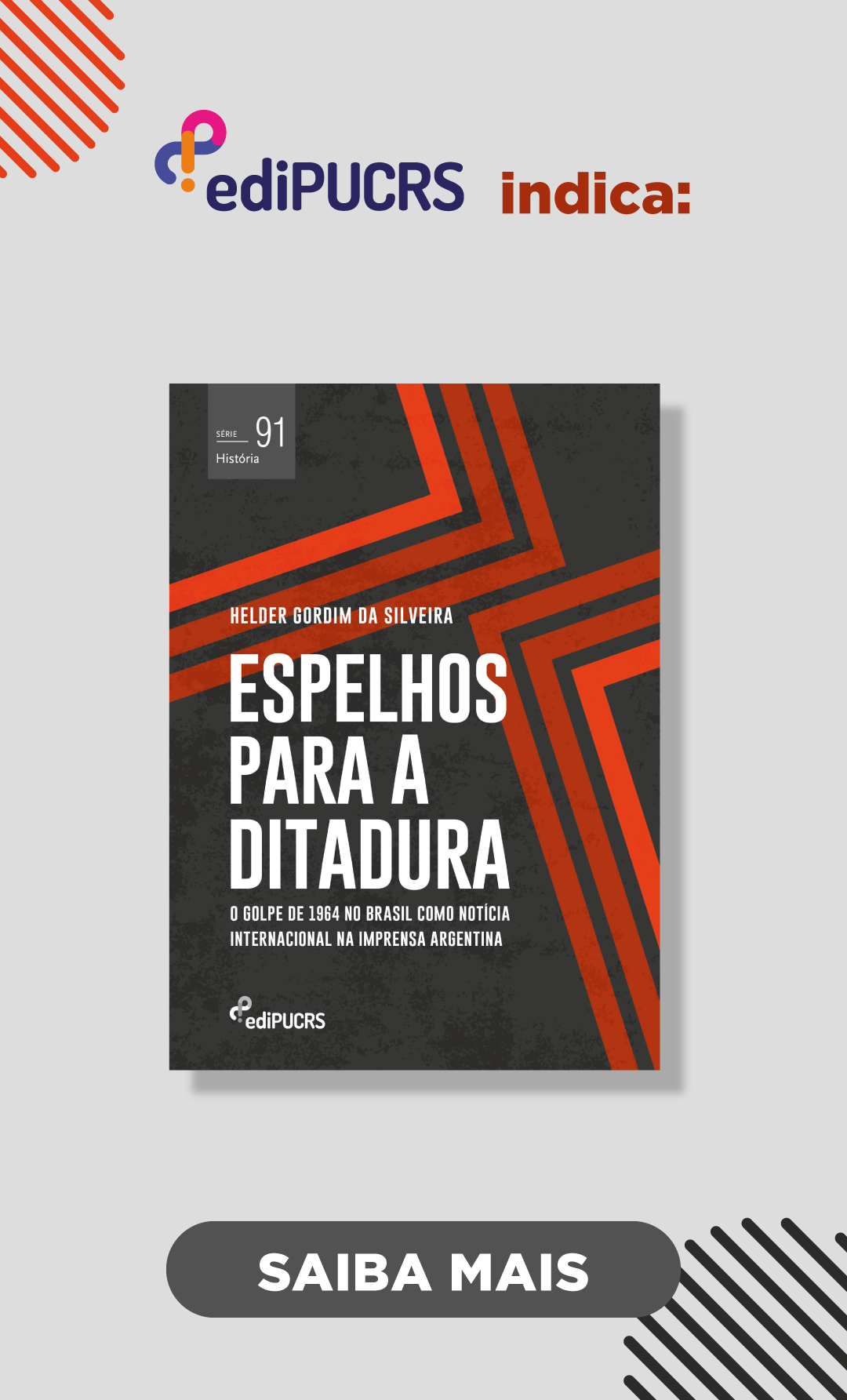The essence of the human: identity, memory, testimony and trauma in the work “Is this a man?” from Primo Lévi
DOI:
https://doi.org/10.15448/2178-3748.2019.2.33395Keywords:
Identity. Memory. Memory traumatic.Abstract
This article aims at analyzing the work “Is This a man?” by Primo Levi, establish links between the concepts of memory and identity, highlighting how the internal logic of Auschwitz the impossibility of maintaining individual identity. Tries to demonstrate how the “experience unreasonable” within the camps is a traumatic memory from the analysis of the testimony of Levi, the work of the authors references in thematic collective memory and individual identity and traumatic memory. Among those used Halbawachs Catroga and in the context of the constitution and uses of memory; M. Pollack to issues of identity; Paul Ricoeur regarding the work of mourning and forgiveness, Bauman Zygmunt aspects about the Holocaust, H. Arendt on Violence and coercive aspects and Eric Hobsbawm, in a historical context of World War II.
Downloads
References
ARENDT, Hannah. Eichmann em Jerusalém: Um relato sobre a banalidade do mal. São Paulo: Cia da Letras, 1999.
ARENDT. H. Da violência. De 1969/70. traduzido por: Maria Cláudia Drummond em domínio publico.
BAUMAN, Zygmunt. Modernidade e holocausto. RJ, Editora Zahar,1998.
CYTRYNOWICZ, Roney. Memória da barbárie: a história do genocídio dos judeus na segunda guerra mundial. SP, Ed: Nova Stella, 1990.
CATROGA, Fernando. Memória, história e historiografia. Primeira edição. Coimbra-Portugal, Ed: Quarteto, 2001.
DA SILVA, Helenice Rodrigues. Rememoração”/comemoração:as utilizações sociais da memória. Revista Brasileira de História. São Paulo, v. 22.
GIL, Antônio Carlos. Como elaborar projetos de pesquisa. 4. ed. São Paulo: Atlas, 2008.
HALBABWACHS, Maurice. A memória coletiva. SP: Vértice,1990.
HOBSBAWM, Eric J. Era dos extremos. O breve século XX: 1914-1991. Trad. SANTARRITA, Marcos. SP: Companhia das Letras,1995.
LÉVI, Primo. É Isto um Homem? SP: Editora Rocco, 1988.
KOSELLECK, Reinhart. Futuro Passado: contribuição à semântica dos tempos. Rio de Janeiro: Contraponto/Ed. PUC Rio, 2006.
POLACK, Michael. Memória, esquecimento, silêncio. Estudos Históricos, Rio de Janeiro, vol. 2, n. 3, 1989, p. 3-15.
RICOUER, Paul. O perdão pode curar in HENRIQUES, Fernanda (org.), Paul Ricoeur e a Simbólica do Mal, Porto, Edições Afrontamento, 2005, pp. 35-40.
SELIGMANN-SILVA, M. (orgs.). História, memória, literatura. O testemunho na era das catástrofes. São Paulo: Escuta, 2003.
VIDAL-NAQUET, P. Os assassinos da memória. Tradução Marina Appenzeller. SP: Editora Papirus,1988.
WIEVIORKA, Annette. L’ère du témoin. Paris: Hachette Littératures, 1998.
Downloads
Published
How to Cite
Issue
Section
License
Copyright
The submission of originals to Oficina do Historiador implies the transfer by the authors of the right for publication. Authors retain copyright and grant the journal right of first publication. If the authors wish to include the same data into another publication, they must cite Oficina do Historiador as the site of original publication.
Creative Commons License
Except where otherwise specified, material published in this journal is licensed under a Creative Commons Attribution 4.0 International license, which allows unrestricted use, distribution and reproduction in any medium, provided the original publication is correctly cited.





